Is Time Just an Illusion We Live Inside?
Is Time Just an Illusion We Live Inside?
Introduction
Time ticks without mercy. We age, watch the sun rise and set, count moments between breaths. It feels real and absolute. But what if time isn’t a fundamental part of reality… but rather, an illusion our minds and physics create? Some of the world’s brightest thinkers—from early philosophers to modern physicists—have challenged our assumptions about time, questioning whether it’s continuous or merely useful. Today, I ask: what if time is just an illusion we live inside?
Let’s travel through the layers of this profound question—where physics, perception, and philosophy intersect—and consider whether time is fundamentally real or just our most persistent story.
What if time isn’t real—but just a useful story?
Imagine watching a movie that loops forever. You click “Play,” the same scenes unfold, characters speak the same phrases: everything feels real within the film. But if someone paused the tape and inspected the film roll, they’d see it all laid out at once—past, present, and future existing simultaneously.
Some physicists suggest time might be like that film reel. The Block Universe theory proposes that time is another dimension—like space—and everything that ever was or ever will be already exists. We just experience a slice of it sequentially because our consciousness moves along the timeline, like a cursor.
If that’s true, time isn’t flowing; it’s a construct. We don’t live in time—we navigate across it.
Our Thoughts
At EdgyThoughts, we thrive on questions that stretch what we believe reality to be. If time is just a map, not a river, everything we understand about change, causality, and purpose demands reconsideration. When I started researching this, I expected complexity. But I found something liberating: even if time is an illusion, our lived experiences—joy, grief, wonder—remain beautiful. They’re not less real; they just might be happening on a stage we’re only starting to comprehend.
Pros and Cons of Time as an Illusion
| Pros | Cons |
|---|---|
| Helps reconcile quantum gravity and Einstein’s relativity | Can feel emotionally unsettling |
| Brings new insight into fate, choice, and predestination | Questions free will—are we authors or characters? |
| Encourages a richer understanding of consciousness | Lacks direct experimental validation |
| Offers mind-expanding philosophical exploration | May confuse scientific and spiritual theories |
| Suggests future and past are equally real | Hard to accept if you value time-driven purpose |
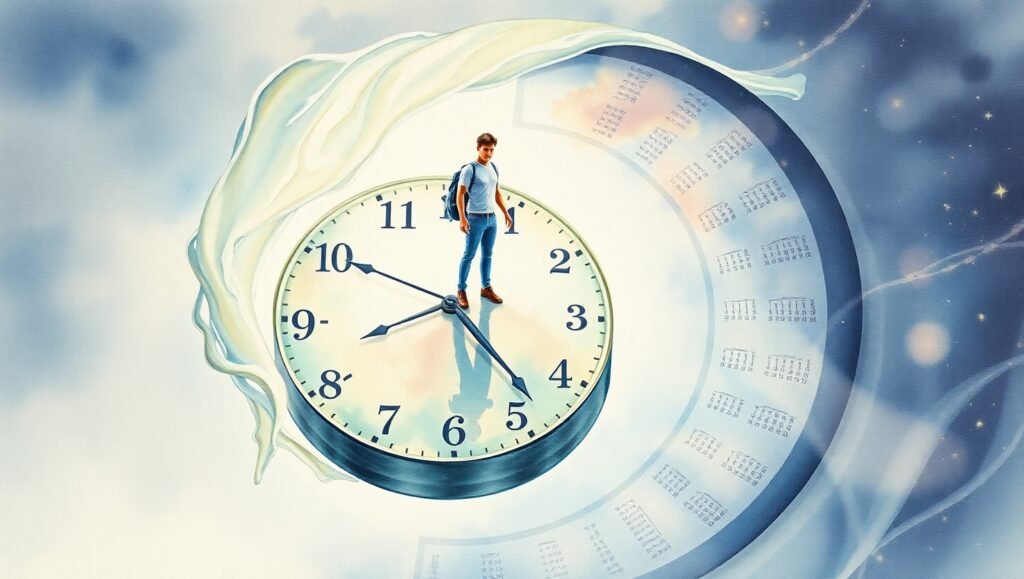
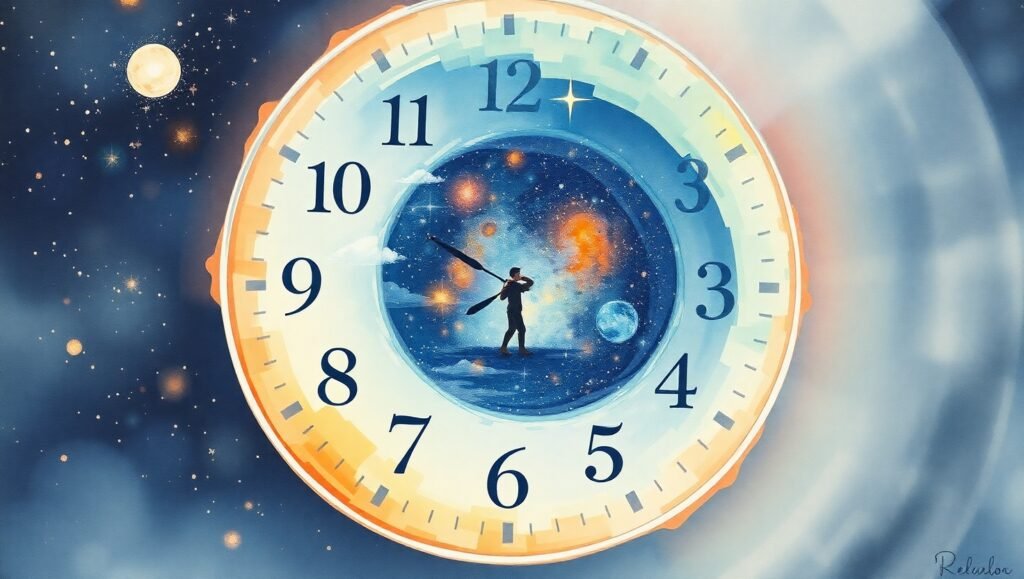
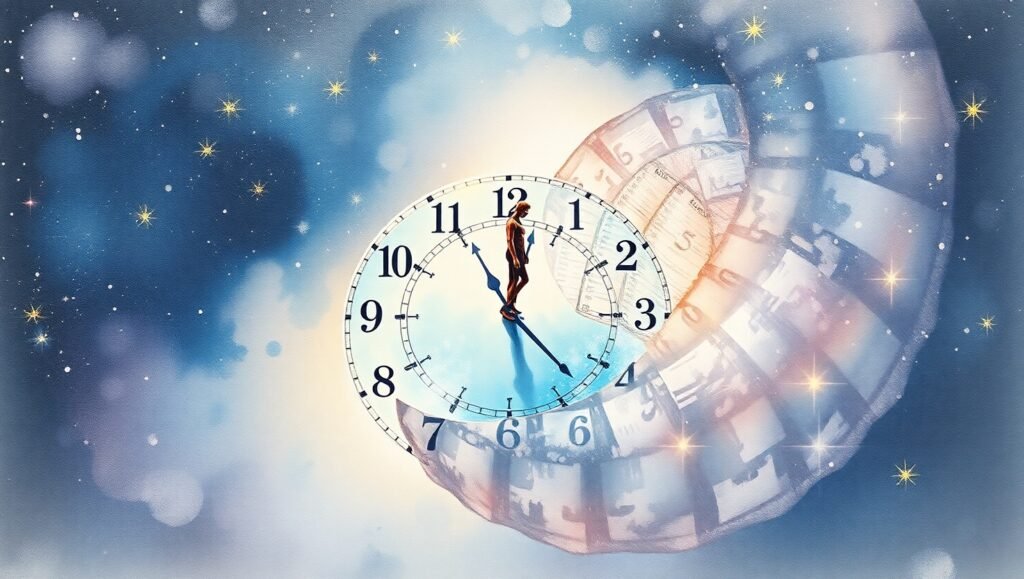
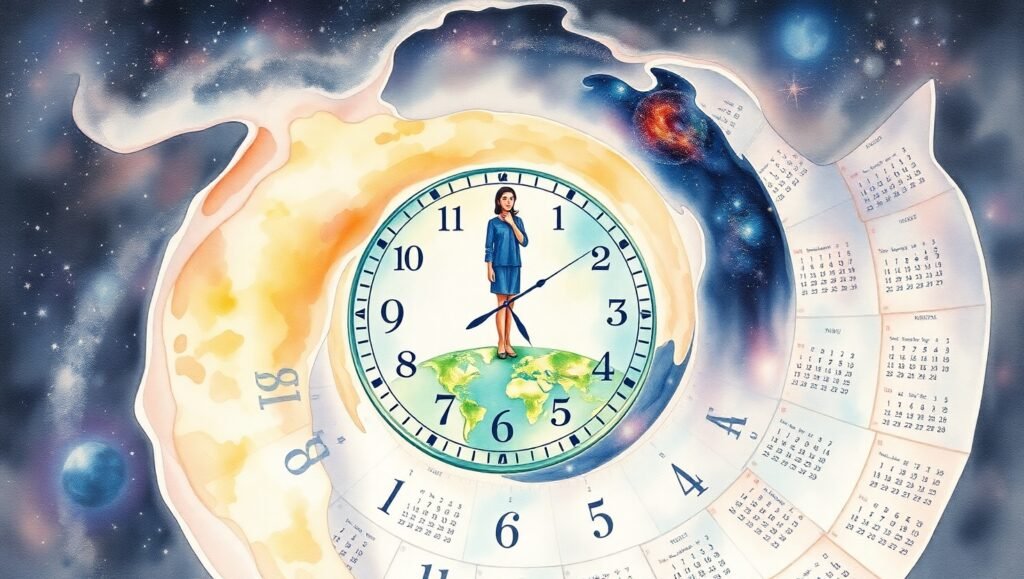
Is free will even real if time doesn’t flow?
The idea of free will unmasks the heart here. If all events—past, future, present—already exist in the Block Universe, what does it mean to choose? Are your decisions simply what your future self already observed, imprinted in the structure of spacetime?
Some say yes: decisions are still meaningful—they are your current experience in this predetermined structure. Others say we feel free but are following a cosmic script. Either way, it’s a dramatic shift in how to think about identity and purpose.
What do physicists say on this?
Leading mathematicians and physicists—like Julian Barbour and Carlo Rovelli—have explored this deeply. Barbour calls the present a “now” that doesn’t flow but changes—a set of snapshots. Rovelli’s relational quantum mechanics suggests that time emerges from relationships between events, not an external flow. Even Einstein admitted that distinction between past, present, and future is a stubborn illusion.
While mainstream physics hasn’t resolved this, it’s clear: time is not a settled question—it’s a puzzle worth exploring.
Could time illusions connect to other worlds?
Yes. If our timeline is just one thread in a greater tapestry, phenomena like the Mandela Effect, time slips, and parallel universe theories might be signs that time is far more pliable and porous than we thought. Maybe every moment exists somewhere, and what we call now is just where—when—our consciousness happens to be looking.
Key Points You Should Know
- Time may be a psychological and physical construct, not absolute.
- Block Universe theory treats past/future like laid-out terrain.
- Relational time arises from relationships between events.
- Free will’s meaning changes if time is static.
- Atheory of everything must bridge quantum and spacetime to make this work.
Explaining Each Point
1. Time as a construct:
What we experience as flow might emerge from memory, entropy, and awareness—not from underlying reality.
2. Block Universe:
All points in time exist concurrently—like reading a book one page at a time doesn’t change the story.
3. Relational time:
Time appears because things change relative to each other, not because it’s a separate entity.
4. Free will revisited:
You might be “choosing” because that’s what your conscious story reads—but if every page is written, your freedom lives in interpretation, not trajectory.
5. Theory of everything:
To finalize this idea, physics needs a unified theory reconciling gravity with quantum mechanics—and providing testable predictions about time’s nature.
What We Think
At EdgyThoughts, we believe time’s mystery isn’t a problem to fear—it’s a gift to explore. Whether time flows or not, our experiences are no less real. Imagine living a life not as a river passing, but as a tapestry spanning human experience. That perspective may feel strange, but it can give us deeper appreciation of each thread—each memory, each emotion.
We don’t have time’s secrets. But we do have our moments—and maybe they’re the most powerful part of what time really means.
🔗 Related Articles from EdgyThoughts.com
- What If Time Flows Backward Somewhere Else?
https://edgythoughts.com/what-if-time-flows-backward-somewhere-else/
🌐 External Resource
Explore the deepest theories on the nature of time here:
Wikipedia – Block Universe
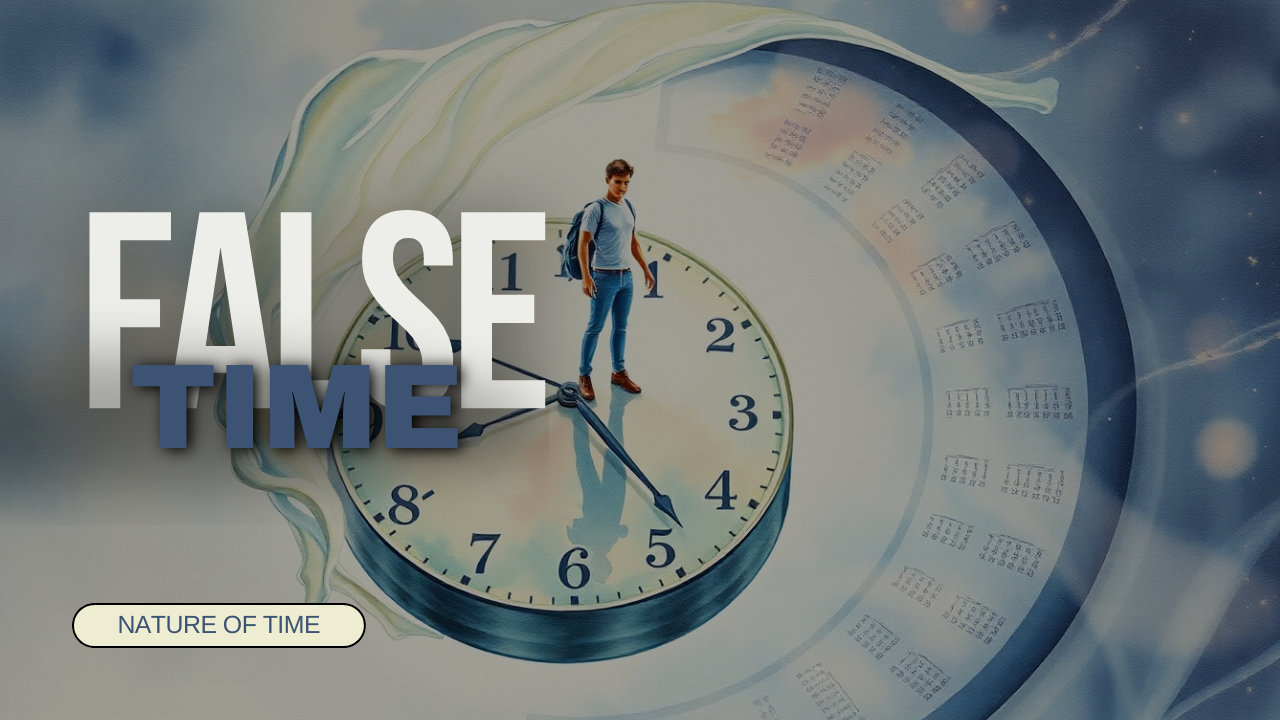
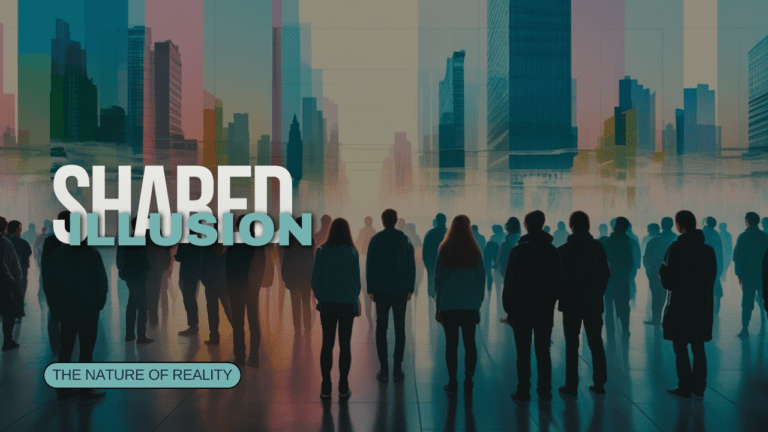
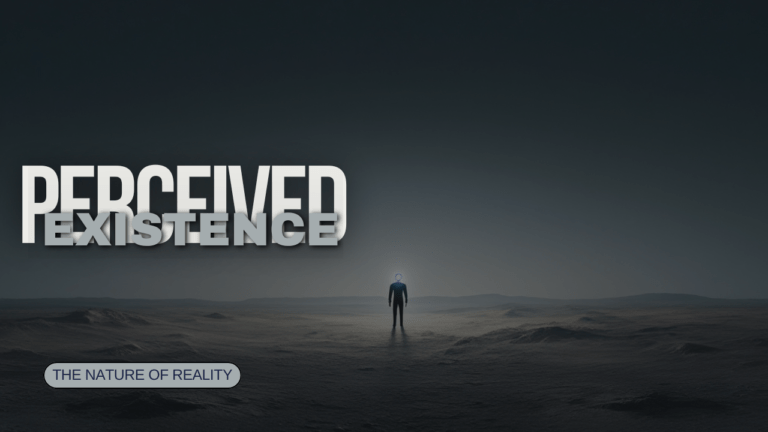
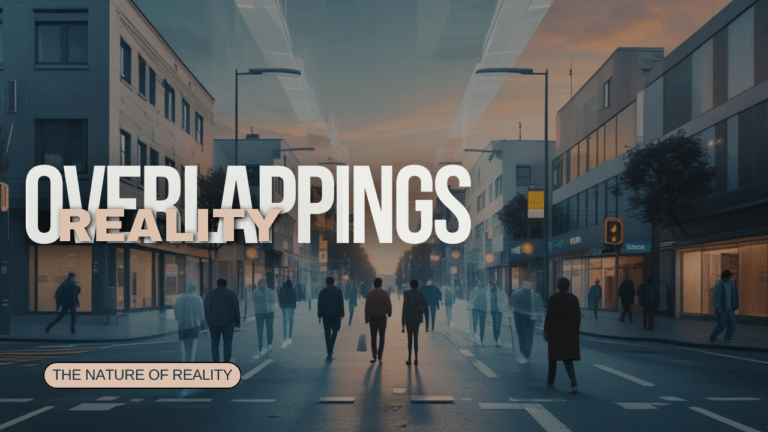
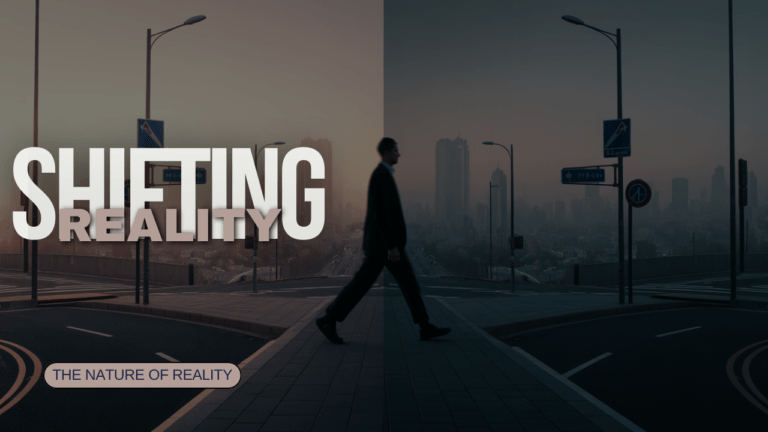
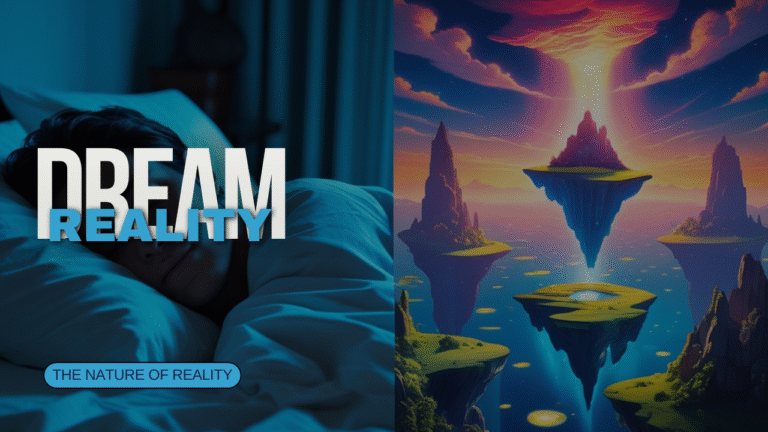
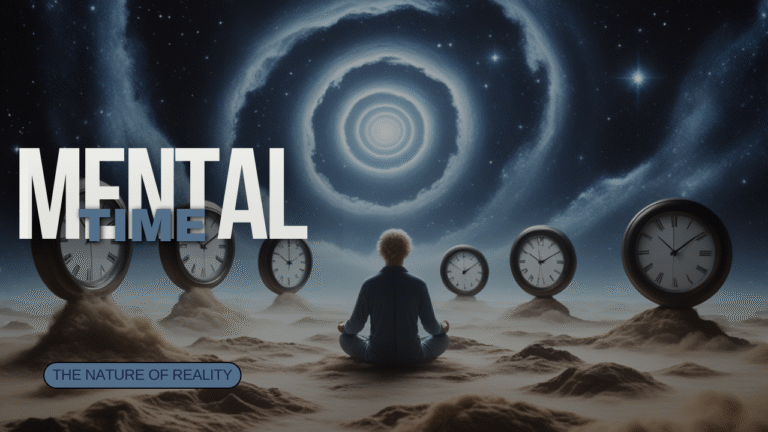
One Comment
Comments are closed.